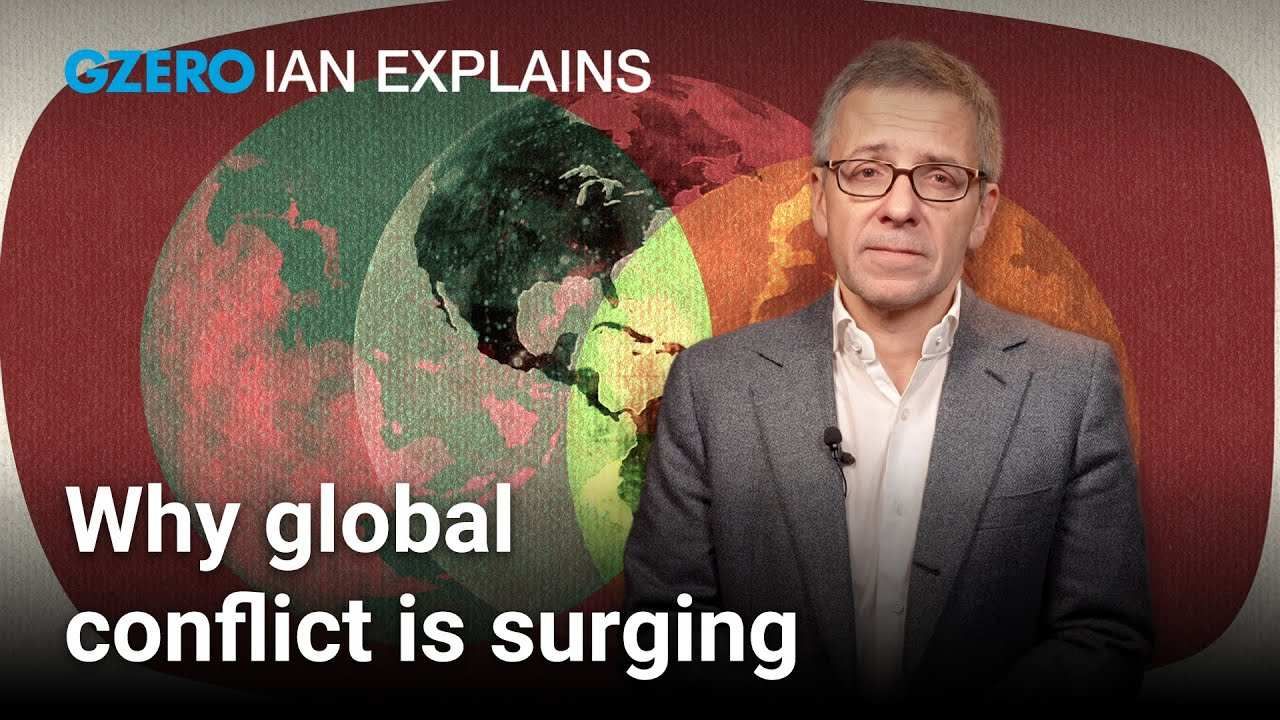March 07, 2019
2: China reportedly exaggerated both its nominal and real growth rates by an average of about 2 percentage points per year between 2008 to 2016. If correct, the Chinese economy is about 12 percent smaller today than suggested by official figures. This is yet another warning that international confidence in an economy likely to one day become the world's largest will face serious challenges when a sharp downturn frightens investors.
3.8 million: North Korea's food production fell to its lowest level in more than a decade last year, according to UN and Red Cross officials. A heat wave, a typhoon, and floods diminished the food harvest by 9 percent in 2018. As a result, about 3.8 million North Koreans urgently need humanitarian help.
12 million: US shale has been the world's largest source of new oil supplies over the past eight years. Since 2011, US crude oil production has doubled from 6 million to 12 million barrels per day. In September 2018, the US moved past Russia and Saudi Arabia to become the world's leading oil producer.
89: This week, the European Commission announced that the migration crisis is officially over. In 2018, the UN refugee agency documented 116,647 people crossing the Mediterranean to try to reach Europe, an 89 percent drop from the height of the crisis three years ago.
More For You

- YouTube
On Ian Explains, Ian Bremmer takes a look at the growing surge in global conflict and the ripple effects of so much violence, war, and armed struggle throughout the world.
Most Popular
Think you know what's going on around the world? Here's your chance to prove it.
French President Emmanuel Macron, German Chancellor Friedrich Merz, Ukrainian President Volodymyr Zelenskiy, U.S. Special Envoy Steve Witkoff and businessman Jared Kushner, along with NATO Secretary-General Mark Rutte and otherEuropean leaders, pose for a group photo at the Chancellery in Berlin, Germany, December 15, 2025.
Kay Nietfeld/Pool via REUTERS
The European Union just pulled off something that, a year ago, seemed politically impossible: it froze $247 billion in Russian central bank assets indefinitely, stripping the Kremlin of one of its most reliable pressure points.
Big global stories. Real conversations with world leaders. Our award-winning global affairs show, GZERO World with Ian Bremmer, goes beyond the headlines on the stories that matter most. Here’s a look back at the 10 most quotable moments from this year’s episodes.
© 2025 GZERO Media. All Rights Reserved | A Eurasia Group media company.